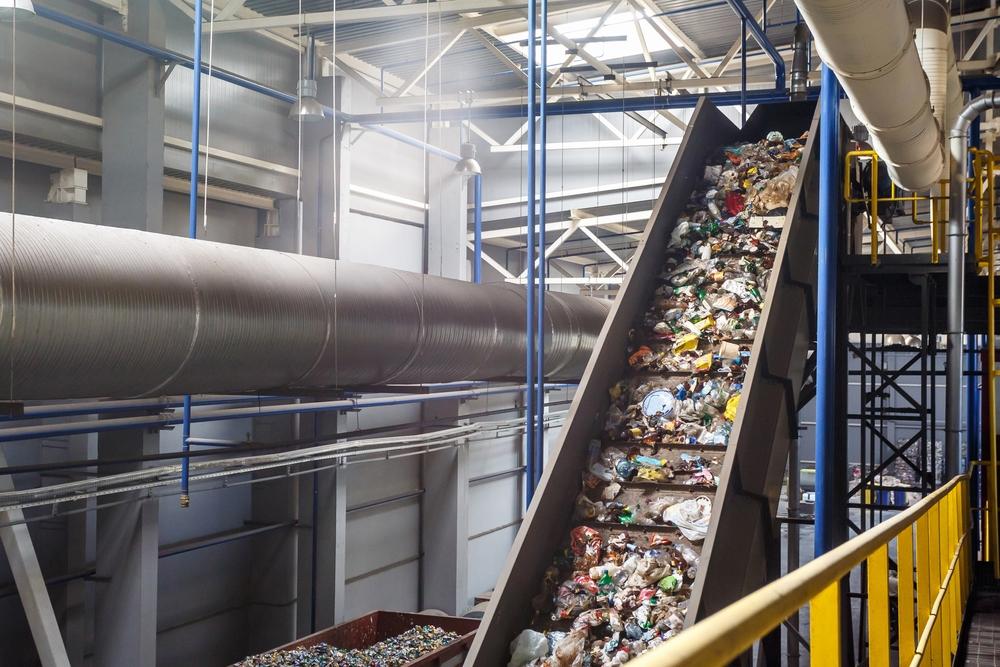E-Waste Recycling: A Complete Guide

What is E-Waste?
E-waste, or electronic waste, means old or unwanted electronic devices. It includes computers, phones, televisions, printers, refrigerators and batteries.
As technology improves, people replace gadgets more often. This creates a rising amount of e-waste every year. Reports show millions of tonnes are produced worldwide, but only a small part is recycled the right way.
E-waste is not like regular trash. It contains harmful materials such as mercury, lead, cadmium, and arsenic. If dumped carelessly, this damages soil, water and air. Yet e-waste also has value. Metals like gold, silver and copper can be recovered through safe recycling.
Why E-Waste Recycling Matters
Environmental Benefits
Recycling e-waste helps protect the planet. Without recycling, toxic chemicals leak into the ground and water harming plants and animals. Recycling also reduces the need for mining and saves energy and natural resources.
Health Benefits
Throwing away electronics the wrong way is risky. Workers without safety gear are exposed to toxic materials. This can cause breathing issues, skin problems and even long-term illness. Safe recycling protects both workers and nearby communities.
Economic Benefits
E-waste holds valuable metals. Recovering gold, copper, and silver lowers production costs and reduces the need for mining. Countries that recycle effectively also create new jobs turning waste into opportunity.
E-Waste Recycling in Dubai
Dubai is working hard toward a greener future, and e-waste recycling plays a significant role. The Dubai Municipality and private firms have placed bins across malls, offices, and residential areas.
Residents can drop unused phones, laptops, and other gadgets into these bins. Some services also allow home collection through online booking. Businesses hand over old IT equipment to certified recyclers. These efforts reduce landfill waste and protect soil, water and air. Together, residents and companies are building a cleaner city.
Steps in the Recycling of E-Waste
Collection and Transportation
Electronics are collected from homes, schools and offices. Special red or blue bins are used for safe transport.
Sorting and Dismantling
Devices are separated into glass, plastics, metals and circuit boards for recycling.
Data Destruction
Recyclers clear or destroy sensitive data before reuse.
Recycling and Recovery
Parts are shredded into small pieces. Valuable metals are recovered, while plastics and glass are reused. Hazardous waste is treated safely to stop pollution.
Best Out of E-Waste: Creative Ideas
Recycling is vital but reuse can be creative too. Many people turn old electronics into new items.
Examples include:
- Circuit boards made into jewelry
- Old monitors converted into aquariums
- Broken keyboards used as wall art
These ideas reduce waste and inspire innovation by giving electronics a second life.
Finding E Waste Recycling Near Me
Many people ask: Where can I recycle e waste near me?
The best place to start is your local municipality website. It often lists drop-off centers and recycling programs. Environmental groups also share safe disposal guides. Many tech brands provide take-back programs allowing you to return old devices when buying new ones.
A quick Google Maps search can also show nearby collection points and recycling services.
Frequently Asked Questions
Which bin colour is used for e-waste?
Red or blue bins are often used, but rules vary by region. Always check local guidelines.
Why is e-waste recycling important?
It cuts pollution, saves resources, protects health, and recovers valuable metals.
Can all electronic items be recycled?
Most devices, including phones, TVs, and computers, can be recycled. Some items, like batteries or fluorescent lamps, need special care.
Is there e-waste recycling in Dubai?
Yes. Dubai has bins, collection centers, and take-back programs supported by government and private companies.
Conclusion
E-waste is one of the fastest-growing waste streams worldwide. But it also offers a chance to build a cleaner future. By learning what e-waste is, knowing its risks, and recycling responsibly, everyone can help.
You can make a difference wherever you live — in Dubai or anywhere else. Use the right bins, recycle old devices, and try creative reuse ideas. Small steps today build a healthier planet for tomorrow.
For more recycling tips and eco-friendly advice, visit Able Recycling. The site shares easy guides, awareness tools, and resources to help you live greener daily.
- Art
- Causes
- Crafts
- Dance
- Drinks
- Film
- Fitness
- Food
- Oyunlar
- Gardening
- Health
- Home
- Literature
- Music
- Networking
- Other
- Party
- Religion
- Shopping
- Sports
- Theater
- Wellness


